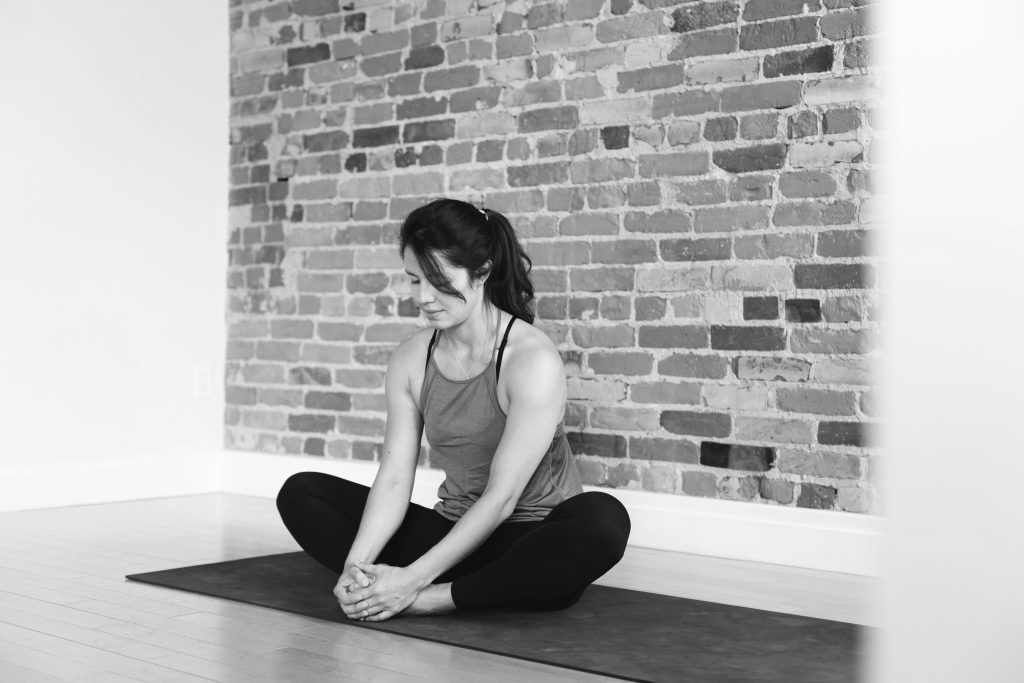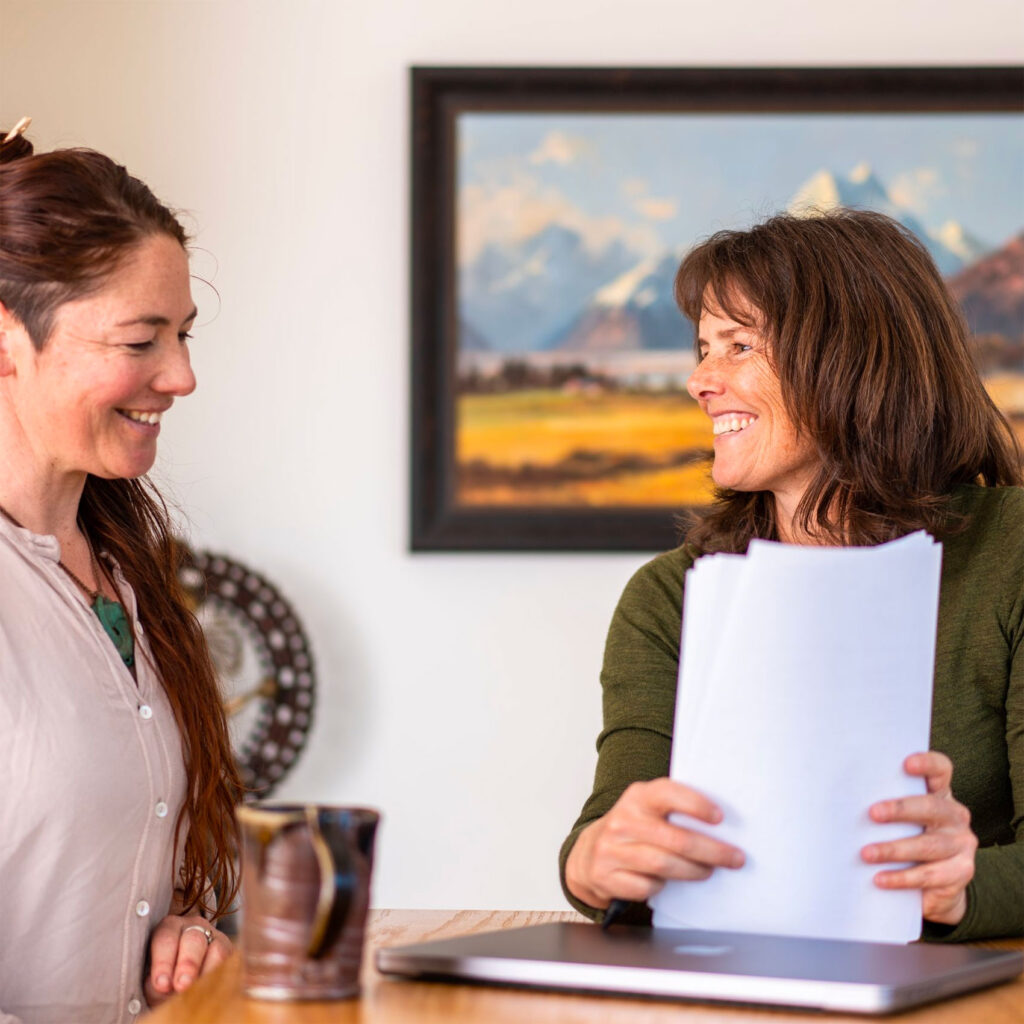
Meditation For Anxiety
Anxiety is the collective term for the group of complex and often debilitating psychiatric disorders, best characterised by their ability to trigger intense and excessive fear from and within everyday situations. This imbalance is rooted in the reactivity of the mind and affects people from all walks of life, regardless of stature or station. Anxiety is known to be the catalyst for a raft of harmful physical and mental symptoms, many of which can be reduced or mitigated by the regular practice of meditation.
Meditation For Anxiety
In the worst cases, chronic anxiety is a crippling and persistent condition, severely diminishing an individual’s quality of life. At the other end of the spectrum many people suffer from a mild but persistent background anxiety that can have significant health effects over time if not addressed. For many people with anxiety, either they or their support networks (family, friends, caregivers and so on) eventually look for ways to help alleviate the symptoms, or many might simply seek out strategies to prevent the symptoms from manifesting in the first place.
Fortunately, there are several meditation techniques that experienced yoga teachers can guide students through, giving anxiety sufferers greater ability to administer self-care, thereby providing respite from the symptoms. In many cases, continuous practice of meditative techniques can be combined holistically with evidence-based treatments (such as cognitive-behavioural therapy and medication) to effectively manage the condition. Meditation once learnt is significantly empowering as it puts the healing in the hands of the person themself.
Contact us to find out more.
Benefits of meditation techniques for anxiety
Experienced yoga teachers can harness the power of meditation to help guide people with anxiety to soothe and significantly reduce their symptoms, resulting in the drastic improvement of their mental state and overall wellbeing.
Acute anxiety can quickly present in a number of ways, including shortness of breath, an accelerated heart rate, an inertia, sweating, disproportionate nervousness, increased apprehension and the onset of sudden panic attacks.
Meditation provides many benefits for people with anxiety such as:
- Stress reduction: Focusing the mind cultivates a tranquil state of meditation which activates the body’s relaxation response, the para-sympathetic. This reduces the production of stress hormones like adrenalin and cortisol. Certain styles of meditation, such as mindfulness meditation, have been proven to lower the cortisol levels in the blood, significantly reducing the impact of anxiety.
- Cultivating Mindfulness reduces reactivity: Many meditation techniques reduce mind chatter. This enables the practitioner to be less identified and less caught up in thought. As thoughts become quieter the practitioner operates more out of a spacious awareness. This skilfulness means the practitioner is more able to watch thoughts rather than the habit of proliferating and amplifying negative thought patterns. The result is less reactivity, more calm, more ease.
- Emotional regulation: Habitual meditation practitioners report that regular meditative practice helps to calm their emotional state. They are more able to identify and self-manage stressors and triggers, whilst simultaneously providing the practitioner with an increased sense of clarity and composure.
- Reducing rumination: Overthinking—or rumination as it is sometimes called—is one of anxiety’s most prominent precursors and a common early-stage symptom. Meditation can break the repetitive, typically negative cycle of continuous overthinking that tends to fuel and provoke anxiety, reducing the likelihood of symptoms taking hold.
- Seeing things as they really are: Buddhist emptiness practices bring insight into how we identify with the Self, our thoughts and emotions. Through these practices we become less bound, less identified with such; this brings a stability to the mind and with that freedom from all negative mind states. These are very powerful practices.
Common meditation techniques for anxiety relief
Most meditation traditions and techniques have some component of learning to direct and sustain attention, whether that be on a body sensation, or other sense object. This stabilises the fluctuations of the mind. The tranquil state of meditation which is the result is highly sought after in today’s fast-paced world—and for those who live with constant or prolonged bouts of anxiety, this statement couldn’t be more relevant. Thankfully, there are numerous meditation techniques which have been proven to be beneficial for the treatment and prevention of anxiety symptoms. With experienced yoga teachers in a position of influence to help guide those undergoing mental distress towards a more stable psychological and physiological state.
While meditation does not change the outside world, it cultivates an inner sense and can certainly change the way in which we respond to the world.
Some of the most common meditation techniques for anxiety relief include:
- Mindful asana: For many anxiety sufferers, the very practice of yoga asana is meditative in itself, with its singular focus and instruction. Experienced yoga teachers know that asana is more than just exercises to benefit the physical body. Asana requires a sensitivity and directed attention to the gross and then subtle sensations of movement. This cultivates steadiness and a quietness of mind that are the hallmarks of a meditation practice.
- Unguided meditation: Directing attention to hearing, opening the sense of hearing to whatever sounds are arising and passing. This spaciousness of awareness provides much more space in which the arising anxiety or unpleasant body sensations become diluted, reducing the distress caused by the onset of anxiety.
- Mindfulness meditation: ‘Mindfulness’, as it is commonly called, is one of the most prominent meditative techniques experienced yoga teachers are familiar with, providing a methodological approach for quietening the mind, with the objective to decrease stress and lower the harmful effects of hormones such as cortisol. An example of mindfulness meditation is as follows:
- Sit still in a quiet place.
- Direct the mind towards the inhale and exhale, let the breath be natural
- When a thought or distraction arises and steals the mind away, redirect the mind back to the breath with a clear intention to sustain it there.
- Yoga Nidra or iRest: These are structured, specific guided relaxation practices from Satyananda Yoga and Richard Millar respectively. They can be personalised for someone suffering from anxiety and have the benefit of being very accessible and deeply calming.

Why consider mentorship?
Mentoring with a master teacher provides you with a clear path to professional development. You will receive personalised guidance on topics ranging from your personal practice, to your teaching skills, to how to move forward with your yoga career.
Our master teacher Susan Allen has over two decades of yoga practice, teaching, and guidance, and credits her most meaningful growth to the gift of mentoring from the world-class master teachers she has been fortunate enough to study with over the years.
Susan has run multiple yoga studios, teacher trainings, immersions, and retreats, and brings all of this experience to her mentoring. Harnessing her practical and technical skillset, she understands and teaches yoga pragmatically, creating a safe and collaborative space for personal development. She disseminates what she has learnt in easy to digest modules which cover both personal and professional growth goals.
Develop your yoga teaching style with mentorship
While your teacher training may likely have touched on the principles of how to help guide students towards meditation techniques and associated yoga exercises to help alleviate anxiety, it’s impossible to gain a deep understanding of such a varied and extensive subject in a short amount of time. Of course, the first step is to develop our own personal practice. In addition to educating how best to teach the teachers within a yoga studio setting, there are a vast number of teaching elements we help our professional yoga teacher clients develop.
At The Yoga Transition, we celebrate individuality through:
- Steering your practice and teaching in the direction that most interests you
- Encouraging you to discover your unique voice
- Guiding you to develop a teaching methodology that has both integrity and individual authenticity.
Once you have completed your initial teacher training, contact us to find out how mentorship can bring you to the next level.





